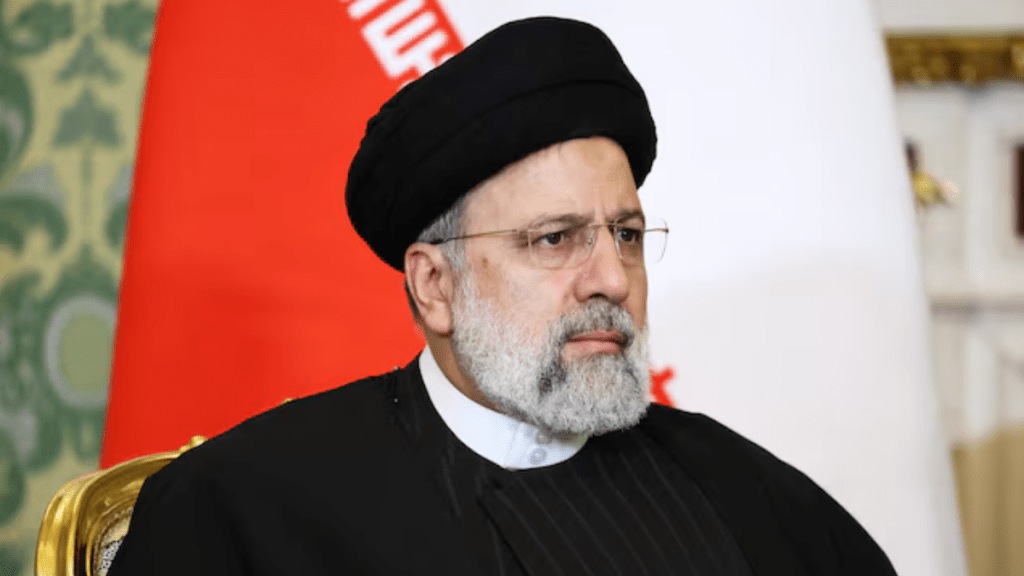The tragic death of Iranian President Ebrahim Raisi and Foreign Minister Hossein Amir-Abdollahian in a helicopter crash comes at a critical juncture as Iran is indirectly involved in the conflict in Gaza. The helicopter, which crashed at an altitude of 2,500 meters, left no survivors, according to the Iranian Red Crescent. Experts warn that this incident could escalate tensions in the region, given Iran’s pivotal role in Middle Eastern geopolitics and its complex internal dynamics.Under Article 131 of Iran’s Constitution, First Vice President Mohammad Mokhber will temporarily assume Raisi’s duties with the Supreme Leader’s approval. A council must organize a new presidential election within 50 days.
“This raises a few pertinent questions: was it an accident or a part of some wider conspiracy to assassinate them? Second, will there be a power struggle within Iran given the vacuum that has been created at the top? Third, will there be a change in the foreign policy of Iran towards Israel and Gaza?” says Prof. Rajan of the School of International Studies at Jawaharlal Nehru University, Delhi.
Social Media Speculations and Power Struggle
Speculations are circulating on social media about the cause of the helicopter crash, with theories ranging from the involvement of Israel to the possibility of internal power struggles among Iranian elites. However, existing evidence is insufficient to draw any conclusions. A proper Iranian investigation is awaited to clarify the incident.
Discussing the potential for an internal power struggle, Prof. Rajan notes, “I do not see that happening at the moment. The President of Iran operates under the Supreme Leader Ali Khamenei. All crucial decisions are made by the Supreme Leader in consultation with his Council. The Supreme Leader still controls the army and the administrative machinery. Therefore, any demand for change at this stage would be ruthlessly suppressed.”
Western Media Speculations
Western media have speculated about a potential power struggle in Iran, but these are seen by some experts as wishful thinking. Despite facing social and political tensions, the Iranian regime remains cohesive on key issues, particularly its stance towards Israel and Gaza.
Md. Muddassir Quamar, Associate Professor at the Centre for West Asian Studies, Jawaharlal Nehru University, asserts, “Iran might appear vulnerable with the loss of two top leaders, but the administration is competent to handle such issues. Any external interference in the crash could escalate conflicts in the Middle East.”
Regional Implications
Quamar adds, “As the mystery around the crash continues, the volatile political situation in Iran and the broader Middle East has become even more complex. If it becomes clear that the President has indeed been killed, the regime in Iran will face significant challenges in maintaining control.”
Despite constitutional provisions that outline the succession process, the internal divide within the regime and the crisis of popular confidence present substantial challenges. Raisi’s election had already been controversial due to low voter turnout and accusations of electoral manipulation. The economic situation remains critical, and tensions with Israel over Gaza have further strained relations.
In such a turbulent context, keeping public anger at bay and restoring confidence in the electoral process will be difficult. Although preliminary reports attribute the crash to inclement weather, the possibility of foul play has not been ruled out, and speculations continue, particularly on social media. This atmosphere of uncertainty could lead to more explosive regional tensions.

